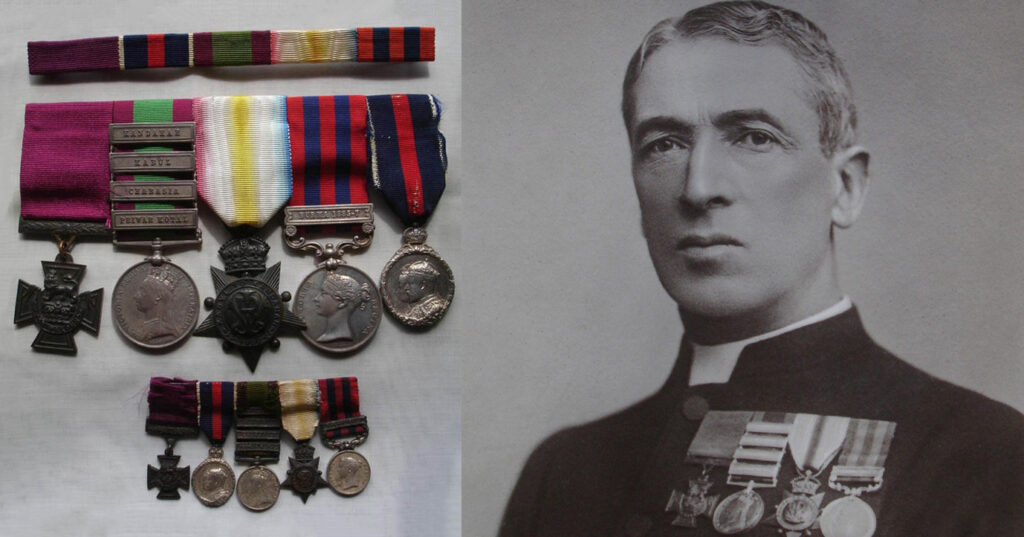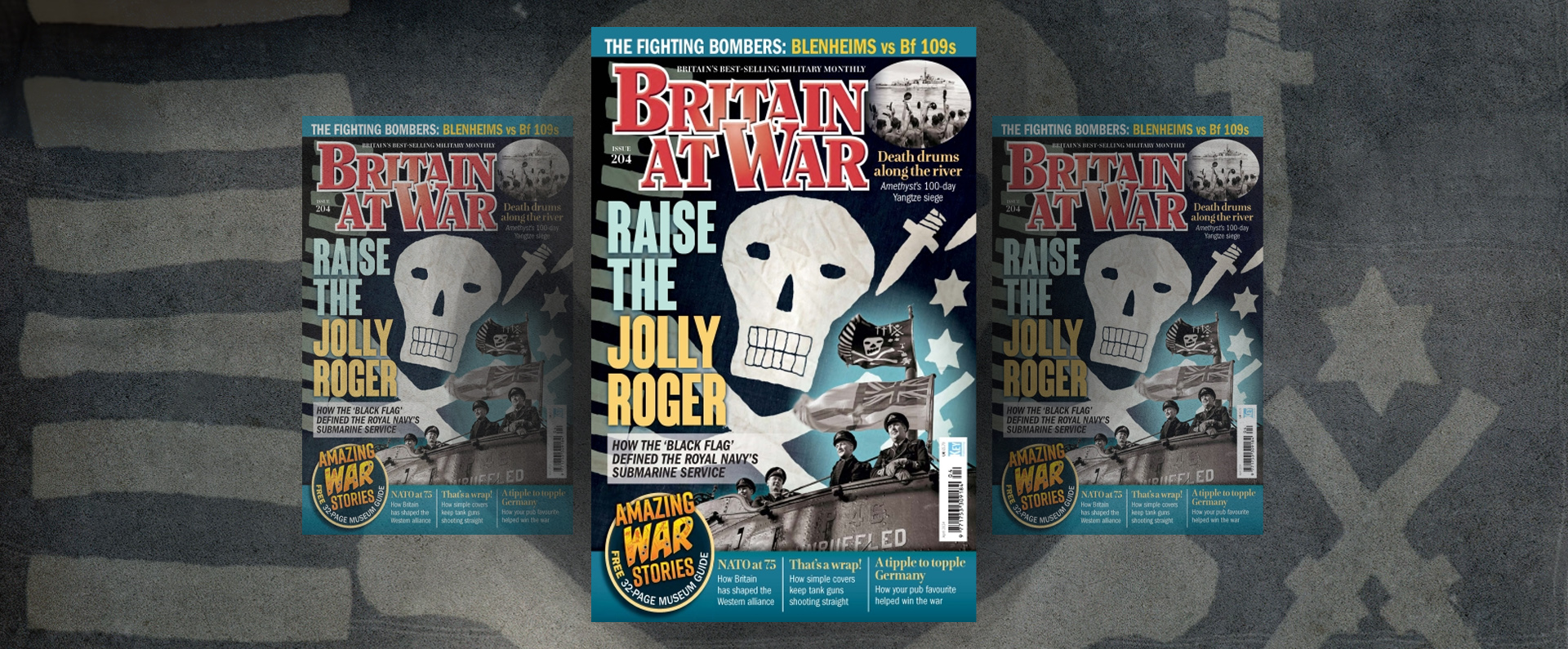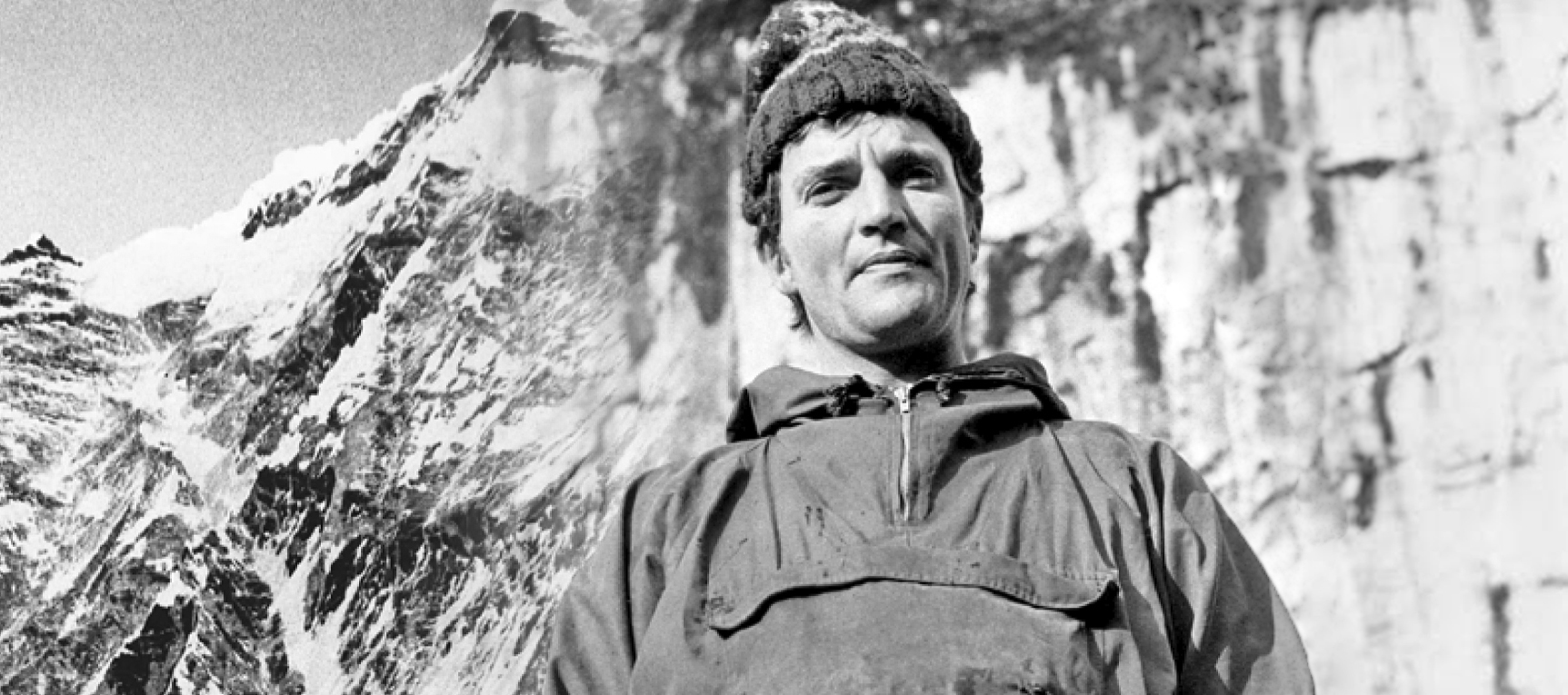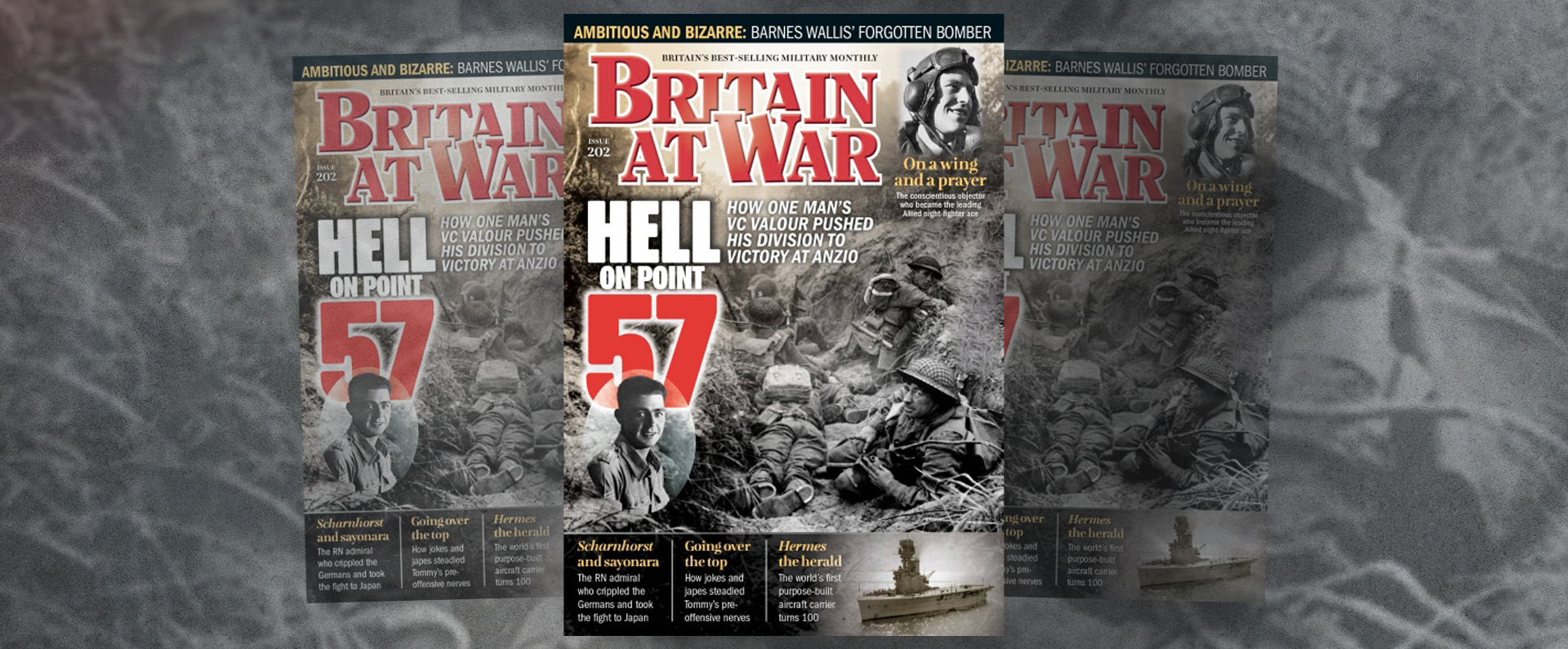
Published in the Daily Express on 20 December 2017.
The Rev James Williams Adams
The courage of the Reverend James Adams, the first clergyman to win the Victoria Cross.
When James Adams’s mother ordered him to embark on a career in the Church, he described it as the bitterest blow of his life.
Strong, sporty and with a sense of adventure, he had hoped for a commission in the army but instead he found himself heading for Trinity College Dublin to study theology.
Little did the young man know at the time that one day he would become the recipient of Britain and the Commonwealth’s most prestigious bravery award: the Victoria Cross.
I have recently completed the private purchase of Adams’s medal group to add to my collection of VCs, the largest in the world.
His is remarkable for several reasons: the Reverend Adams was the first “ecclesiastical VC” and to this day he is also the only clergyman to receive the medal who was not an army chaplain.
He was also the fifth, and to date final, “civilian VC” (my collection, in fact, has three of the civilian VCs).
Furthermore, the medal group came with a typed and bound (but unpublished) write-up on his life penned by his only daughter Edith, which provides a unique insight into his unusual life.
James William Adams was born in Cork, Ireland, on November 24, 1839.
He was the only son of Thomas Adams, a Justice of the Peace, and his wife Elizabeth.
Little is known of James’s early life but he had at least one sister and was educated at Hamblin and Porter’s School in Cork.
He was also a fine horseman.
His father died when James was aged 11 and his mother refused to allow him to go to school, something that he regretted all his life.
Instead he was educated by a succession of tutors.
At the time, James had only one career desire – to become a soldier – but his mother chose the church and, with a sense of early Victorian obedience, her son complied.
At Trinity College he distinguished himself at boxing and athletics but was half-hearted in his commitment to his course.
However, he passed his exams and in 1863, aged nearly 24, he was ordained as a deacon and as a priest the following year.
His first curacy was in Hyde, Hampshire, from 1863 to 1865 and then at Shottesbrooke, Berkshire, from 1865 to 1867.
While in his second post he came to the conclusion that he could not stand life in a small country parish any longer. He successfully applied for a post as one of the chaplains in the Bengal Ecclesiastical Establishment and travelled – with a sense of relief – to India with his sister Kate. Long after her father’s death, Edith Adams wrote: “At this time we may say that James Adams’s life began. He was entirely the right man in the right place and he loved every moment of it, and he was popular with everyone.”
Initially, Adams was based in Peshawar, then Allahabad, then Peshawar again from 1871, where he remained for the next four years. He rode long distances on horseback to deliver sermons, and he was renowned for his strength and stamina.
Unrest in Afghanistan grew in 1877 and Adams served as extra aide-de-camp to military commander Sir Frederick Roberts, to whom he was devoted.
Roberts (later Lord Roberts and commander of the British forces during the Second Boer War) served with distinction during the Second Afghan War of 1878-80, a conflict that saw British forces invade the Emirate of Afghanistan as part of the so-called “Great Game” between Britain and Russia.
During the war Adams – despite remaining a civilian – was determined to do his bit as chaplain to the Kabul Field Force.
And his bravery was so outstanding on one occasion that he was awarded the VC. At the time of his action he was aged 40. The citation for his award, announced on August 24, 1881, takes up the story.
“During the action at Killa Kazi, on the 11th December, 1879, some men of the 9th Lancers having fallen, with their horses, into a wide and deep ‘nullah’ or ditch, and the enemy being close upon them, the Reverend JW Adams rushed into the water (which filled the ditch), dragged the horses from off the men upon whom they were lying, and extricated them, he being at the time under a heavy fire, and up to his waist in water.
“At this time the Afghans were pressing on very rapidly, the leading men getting to within a few yards of Mr Adams, who having let go his horse in order to render more effectual assistance, had eventually to escape on foot.”
Lord Roberts later wrote of the incident, which he witnessed: “Seeing a wounded man of the 9th Lancers staggering towards him, Adams dismounted and tried to lift the man on to his own charger.“Unfortunately the mare, a very valuable animal, broke loose, and was never seen again.
“Adams however managed to support the Lancer until he was able to take him over to some of his own comrades.
“Adams rejoined me in time to assist two more of the 9th who were struggling under their horses at the bottom of the ditch.“He was an unusually powerful man and by sheer strength dragged the Lancers clear of their horses.
“The Afghans meanwhile… were so close to the ditch that I thought my friend the padre could not possibly escape.
“I called out to him to look after himself, but he paid no attention to my warnings until he had pulled the exhausted Lancers to the top of the slippery bank.”
A new and revised Royal Warrant was required to extend the eligibility of men serving with the Bengal Ecclesiastical Establishment before Adams could be awarded the VC. His decoration was presented to him by Queen Victoria at an investiture at Windsor Castle on December 1, 1881 – nearly two years after the event.By this time he was married to Alice Willshire, the eldest daughter of some old friends whom he had met during leave in England.
The couple had wed in Iver Heath, Buckinghamshire, on August 16, 1881, before moving to India where Adams worked from early 1882 as chaplain in Lucknow.
The couple went on to have one daughter, Edith, who was born in Lucknow in August 1882.
Alice Adams and daughter Edith returned to England in 1883 but Adams himself continued to work abroad for three more years.
When he returned to England he was appointed vicar of Postwick in Norfolk.
His later positions included being Chaplain in Ordinary to Queen Victoria and, after her death, he briefly fulfilled the same role for Edward VII.
He died at Ashwell Rectory near Oakham, Rutland, on October 20, 1903, aged 63.
My VC collection now totals more than 200.
I feel immensely privileged to have become the custodian of this courageous man’s gallantry and service medals.
His daughter summed him up when, in her tribute, she praised his “ceaseless kindliness and belief in his fellow men, and one can truly say that all who knew him loved him”.
Read this article online at the Express.co.uk
For more information, visit:
LordAshcroftOnBravery.com


